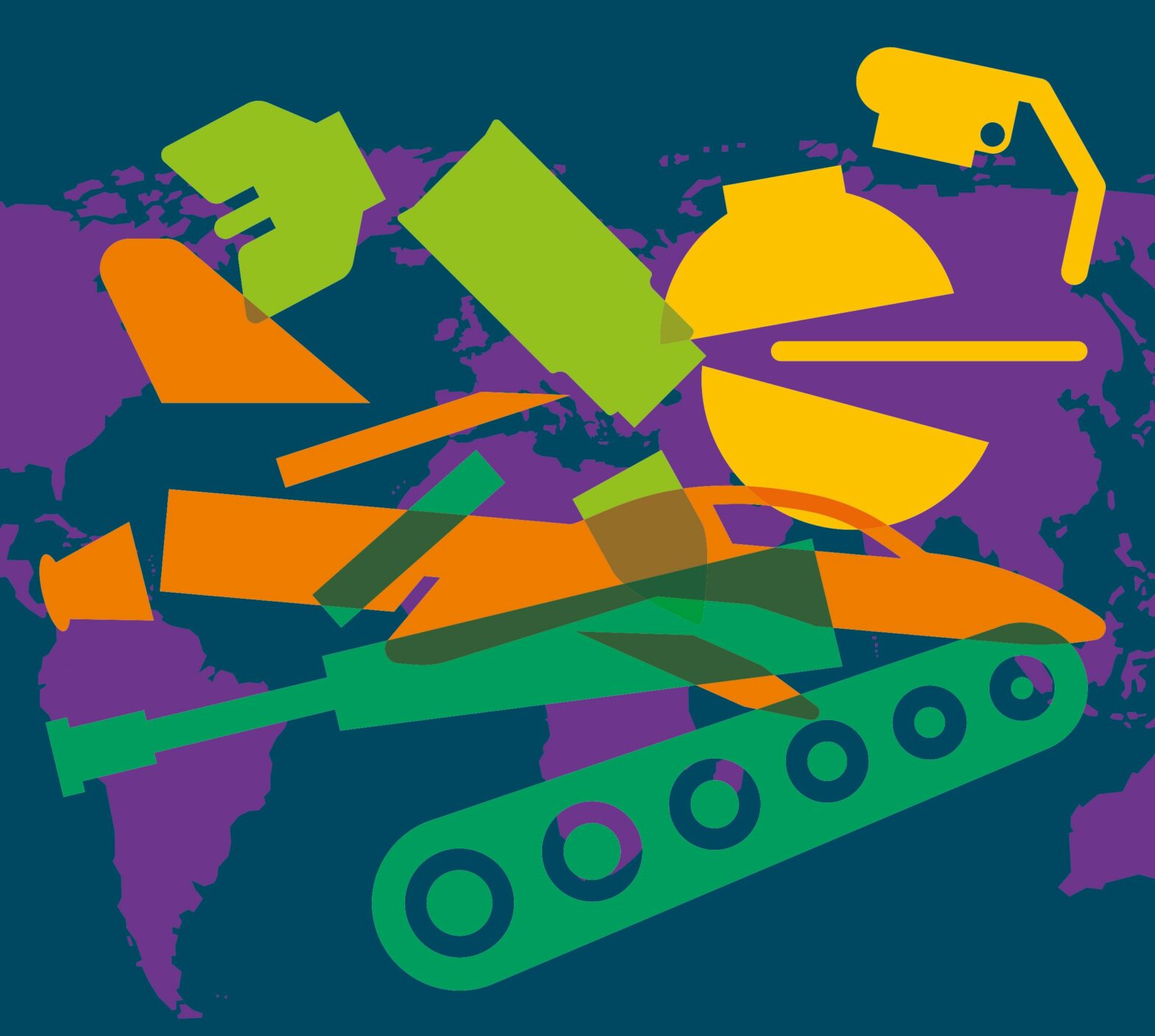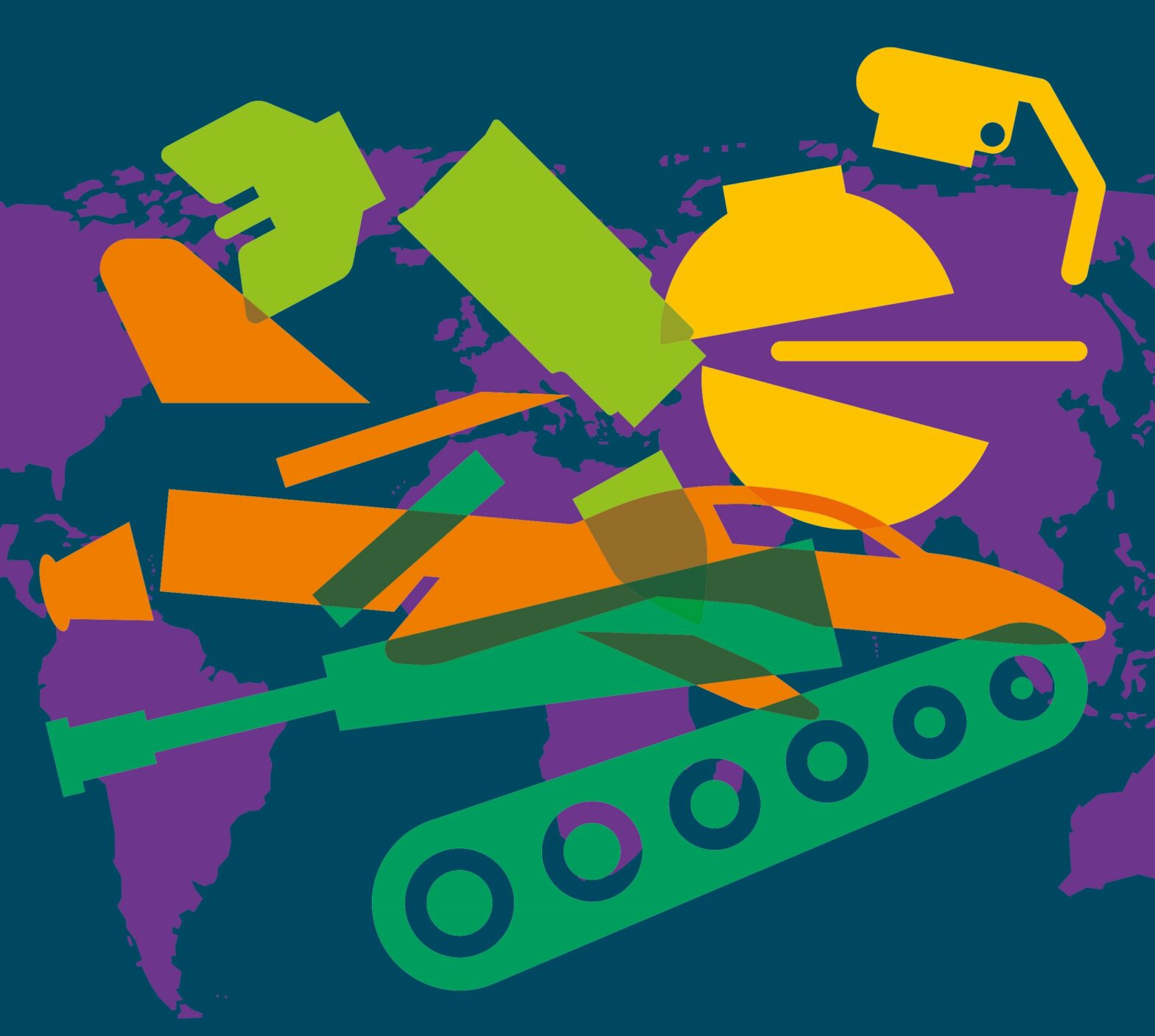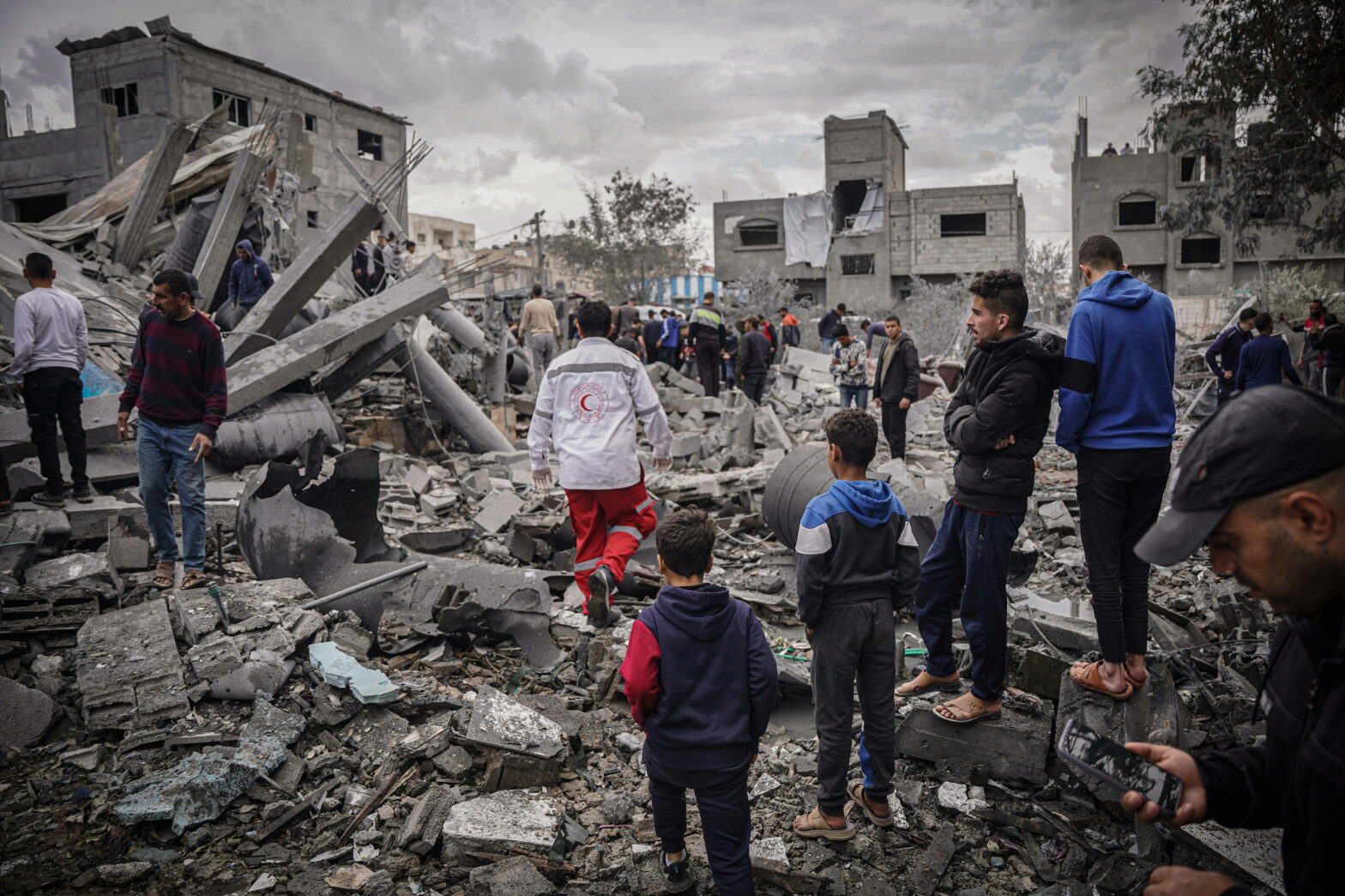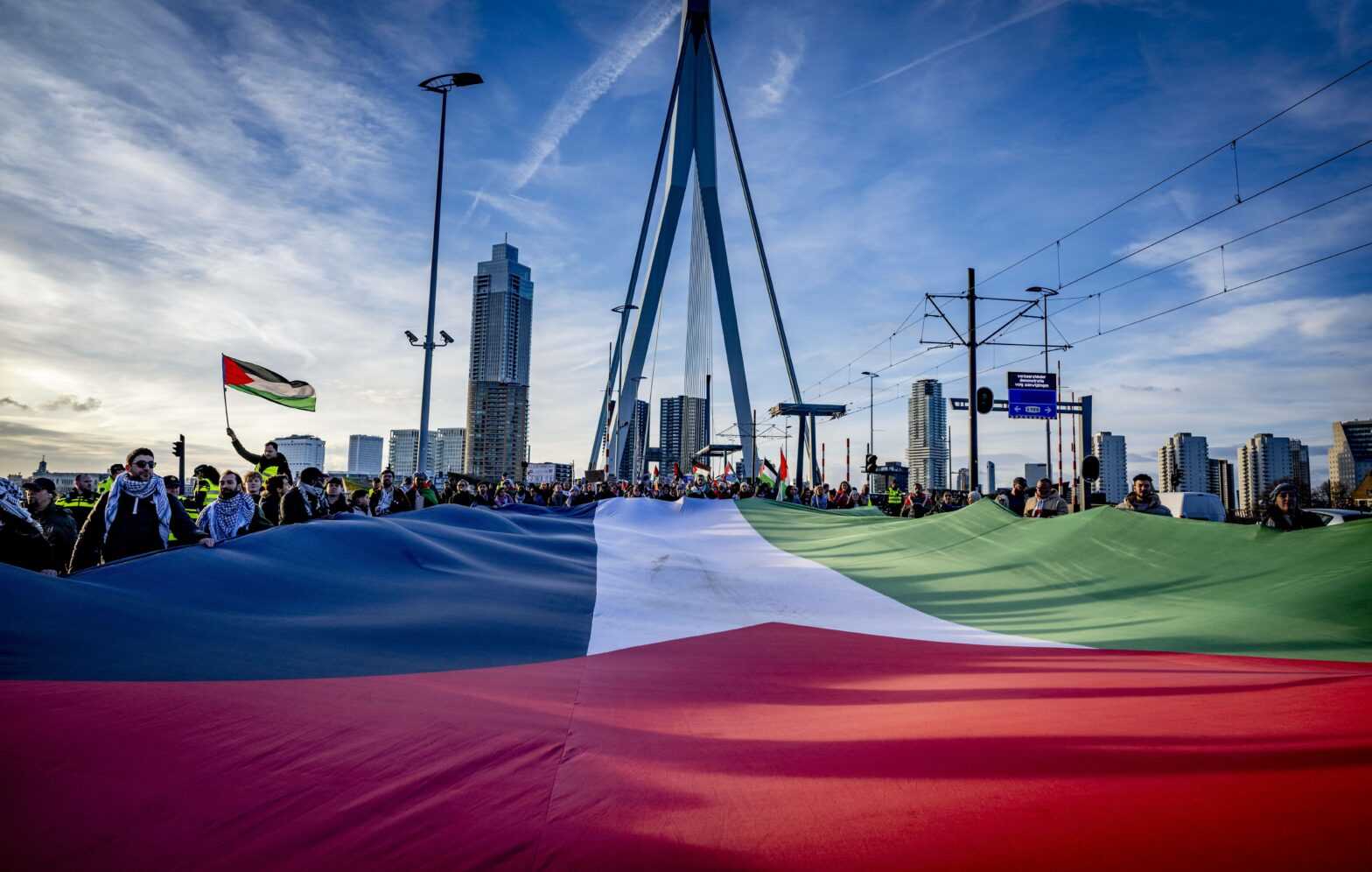Share Twitter Facebook Email Copy URL
There is a need for a global movement for peace at all levels
The United Nations (UN) has declared 2021 the International Year of Peace and Trust. The aim is to reaffirm the UN Charter and its purposes and principles, and above all to recall the obligation to resolve disputes by peaceful means, thereby saving future generations from what is literally the “scourge of war”. The General Assembly resolution of 12 September 2019 also states that the proclamation of the Year is in recognition of the important role of the United Nations in developing friendly relations among nations and recognising that the approach of multilateralism and diplomacy promotes the three pillars of the United Nations, namely sustainable development, peace and security, and human rights.
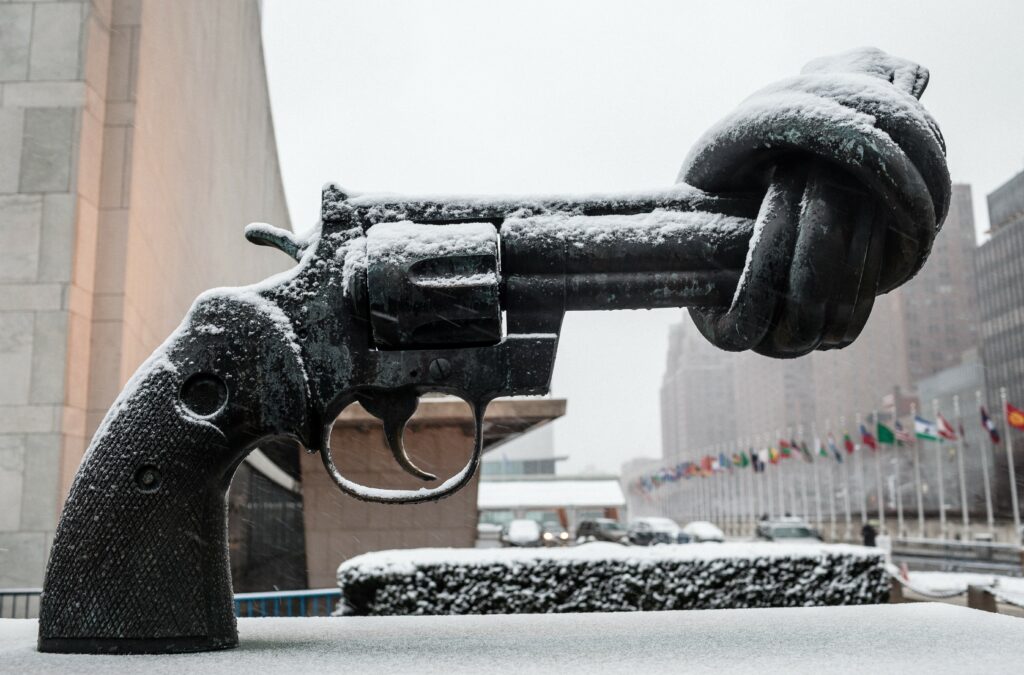
Against the background that the United Nations designates certain days, weeks, years and decades as occasions to mark specific events or issues to promote, through awareness and action, the goals of the organisation and its subsidiary bodies, the Year of Peace and Trust initially sounds very plausible. After all, the very first chapter of the UN Charter, which lists the central purposes of the United Nations, states that the United Nations shall be instrumental in maintaining international peace and security by preventing conflict, assisting parties to conflict to make peace, securing peace and creating conditions under which peace may endure. However, the very reference to the 1999 Declaration and Programme of Action for a Culture of Peace, which launched the Decade for a Culture of Nonviolence and Peace for the Children of the World 2001-2010, raises questions. It is true that numerous peace education projects were launched or financed in the period 2001-2010, especially through the United Nations Educational, Scientific and Cultural Organisation (UNESCO). However, the desired mainstreaming of the Culture of Peace and a global movement for peace and non-violence became even more distant than before.
Instead, this decade of peace saw the beginning of a series of wars that continue to this day. In autumn 2001 – in response to the attacks on the World Trade Center in New York – the so-called “war on terror” was launched, the latest phase of the war in Afghanistan that had been going on since 1978 began with the US-led intervention (Operation Enduring Freedom). In the Middle East, the second Iraq War began in 2003, a military operation by the USA, Britain and a “coalition of the willing” to overthrow Saddam Hussein, which led to civil war-like conditions and the occupation of Iraq from 2003-2011, the civil war in Yemen in 2004 and the Lebanon War in 2006. On the African continent, there was the civil war in Chad (2005-2010) and the civil war in Côte d’Ivoire (2002-2007); in Asia, the civil war in Sri Lanka (2007) and the Caucasus War (2008), to name only a few. Not to mention the decade that followed, with civil wars and new international military deployments in Libya, Syria and Iraq, the war in eastern Ukraine, the continuation of the war in Yemen, the civil war in South Sudan and an ever less visible peace movement.
The Decade of Peace is long behind us. But what about this “Culture of Peace”, that the United Nations has been talking about since the early 2000s, in the year 2021, the declared Year of Peace and Trust? More than 60 per cent of the current armed conflicts have already existed for more than ten years, according to the analysis of the International Institute for Strategic Studies IISS in its Armed Conflict Survey. The war in Afghanistan killed more than 10,000 people in 2019 for the sixth consecutive year, according to the UN. For the war in Yemen, the Armed Conflict Location and Event Data project, which tracks confirmed deaths in the conflict and is considered reliable, calculated that 20,000 people were killed in 2020, making it the second deadliest year of the war after 2018. The Syrian civil war has killed 593,000 people since 2011, according to the Syrian Observatory for Human Rights, with 7-8,000 people killed in 2020 alone, in addition to another 12 conflicts where acts of war have caused at least 1,000 to 10,000 deaths, according to the Upsalla Conflict Data Program.
It is clear that a Year of Peace and Trust, if it is to live up to its name, as well as the implementation of a Culture of Peace, requires a political programme that identifies the problems and makes concrete recommendations for action and, in the best case, also enforces them. In his address at Columbia University on the state of the planet on 2 December 2020, UN Secretary-General António Guterres outlined the challenges the global community is facing, and he did so in unusually clear terms. He spoke of a “war on nature” being waged by humanity that is “suicidal”. And other forecasts are not rosy either. With regard to 2020, the International Monetary Fund speaks of the worst economic downturn since the Great Depression due to the COVID19 pandemic and the associated lockdowns. Already in 2019, the United Nations projected that nearly 168 million people worldwide will need humanitarian assistance and protection in 2020, the equivalent of about one in 45 people and the highest number in decades. Also in 2019, the United Nations went public with analyses that climate change will hit the most vulnerable hardest and have the greatest impact in poor countries, regions and places where poor people live and work, pushing more than 120 million people into poverty by 2030. Also in 2019, a study in the journal Nature led by Stanford University and with the participation of the University of Hamburg showed that the risk of conflict could increase by a multiple due to climate change. In a scenario with four degrees of warming (if greenhouse gas emissions are not radically reduced), the risk of armed conflict could increase by an average of 26 per cent compared to a world without man-made climate change. This would make the additional risk of conflict due to climate change about five times that of the last century.
The current international regulatory framework is not equipped to deal with such developments. And the old patterns of action – such as an increase in military spending with an increase in conflict risks – will be even less effective for future conflicts than they have been so far. A global survey conducted by the United Nations on its 75th anniversary last year found that 87 per cent of respondents believe that global cooperation is crucial to meeting today’s challenges. 75 years after its founding, six out of ten respondents believe the United Nations has made the world a better place. Looking to the future, 74 per cent see the United Nations as “indispensable” for addressing global challenges. However, a large number of respondents also expected the United Nations to change and become more innovative. In view of the ignorance or withdrawal of states from international treaties, the disregard of established rules and growing right-wing movements, this must apply not only to the United Nations but also to the international community as a whole.
Rosa Luxemburg already pointed out in 1915, in view of the First World War, in her Junius Theses, written secretly in prison, that world peace cannot be secured “by utopian or basically reactionary plans such as international arbitration courts of capitalist diplomats, diplomatic agreements on ‘disarmament’ […], ‘European confederations of states’, ‘Central European customs associations’, national buffer states and the like” *. The 2030 Agenda for Sustainable Development was certainly a start to solving the world’s problems. However, the challenges are already so great that the international community will not be able to leave it at that. The International Crisis Group has included climate change as the tenth conflict in its list of ten conflicts to be observed in 2021, in addition to the conflicts in Afghanistan, Ethiopia, the Sahel, Yemen, Venezuela, Somalia, Libya, Iran-USA, Russia-Turkey. It will be the task of future politics to clearly name the individual conflicts and conflict scenarios, to put them in relation to each other and to point out common ways of solving them that are so concrete, short-term, far-reaching and binding that they are actually capable of having a lasting influence on the course of events. This will require both new, binding international norms and rules for their implementation as well as effective sanction mechanisms in case of their disregard. What is also needed is an actual mainstreaming of the culture of peace, as already laid out in the Decade of Peace, through the promotion of education for all, especially for girls; revision of curricula to promote qualitative values, attitudes and behaviours inherent in a culture of peace. And there is a need for an actual global movement for peace at all levels, which can pool issues and thus also forces and thus build up pressure. Only then will humanity have any chance at all of overcoming the huge challenges we face, and only then will an International Year of Peace and Trust actually become one.
Eva Wuchold is head of the Rosa-Luxemburg-Stiftung's Social Rights Programme at the RLS office in Geneva. She studied political science and peace studies and started her professional career as a referent for peace issues.
* Translation from Rosa Luxemburg 1916: Die Krise der Sozialdemokratie, Entwurf zu den Junius-Thesen, in: GW 4, Berlin, 43–47.
